Shortly after completing a rare drama film entitled They Knew What They Wanted in 1940, Carole Lombard began work on her next screwball, Mr. and Mrs. Smith. The director was a newcomer to Hollywood who had already made a name for himself in Britain with his talent for directing suspense films. He was beginning to develop a reputation in the United States as well, and expressed desire to leave his comfort zone and direct a comedy. The director’s name? Alfred Hitchcock.
In light of the newly released biopic about the filming of Psycho, it seems fitting that this installment of the Carole Lombard Filmography Project should focus on Mr. and Mrs. Smith. The sheer versatility of Alfred Hitchcock as a director and producer is often overlooked in the constant praise of his significant and legendary contributions to the horror genre. We forget that Alfred Hitchcock did indeed make movies outside of the genre for which he is so known and celebrated, and very good movies at that. Mr. and Mrs. Smith is a sharp comedy that benefits from Hitchcock’s able direction, a very clever script by Norman Krasna and just a twist of British humor.

Hitchcock and Robert Montgomery on the set of “Mr. and Mrs. Smith.”
Ann and David Smith have been married for 3 years and argue constantly. One morning at breakfast, Ann asks David if he were to go back in time and live his life again, would he marry her? He tells her no, and a large fight ensues before David leaves for work. At work, David learns that a technicality existed at the time of their marriage that rendered it invalid. Ann, who had been made aware of the news herself, becomes convinced that David will ask her to remarry him when they go out to dinner that night at their favorite restaurant. He doesn’t, and Ann throws him out of the house. After this, David goes to great lengths to get Ann back, including following her around and spying on her at work. David’s law partner decides to try to get the pair back together, but instead ends up falling for Ann. Through David’s continued attempts, he finally wins her back, replacing Jeff as Ann’s original love.

Though a very solid comedy with Lombard giving an especially skilled performance, the film is dated by its stance on the place of women in society. A movie in which a woman goes crawling back to a man who has stalked and tricked her is not one that would work in today’s society, and hence an otherwise immaculately crafted comedy suffers from the passage of time. There is, however, some very clever dialogue including a lengthy barrage of innuendo during a scene in which Jeff’s parents are introduced to David. Initially thinking he is just an acquaintance of Ann’s, they gradually learn that he and Ann have known each other for quite some time. Jeff’s mother remarks “You’ve probably seen a great deal of her!” This prompts some wonderfully awkward glances that let the viewer know that this innuendo was very much intended.
The chemistry between Lombard and co-star Robert Montgomery is fun to watch, but it is not as strong as Lombard’s chemistry with William Powell in My Man Godfrey. As with nearly all of Carole Lombard’s male co-stars, she and Montgomery were friends offscreen, though Lombard’s liberal Democratic political views clashed with Robert’s staunch Republicanism. Between takes, Carole would often sneak out and paste Roosevelt bumper stickers on Robert’s car, much to his chagrin.

Carole Lombard and Robert Montgomery play around on the set.
Mr. and Mrs. Smith was the last of Carole Lombard’s movies to be released during her lifetime. It premiered on January 31, 1941, almost exactly one year before her untimely death.
See you next time!

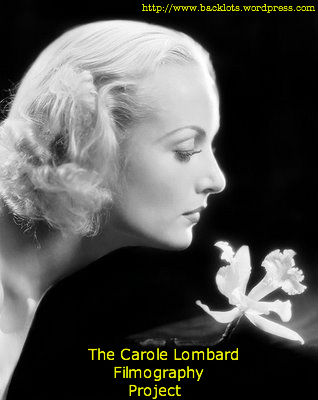
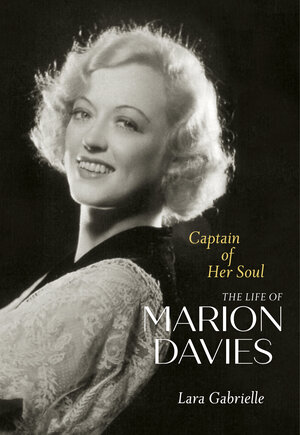


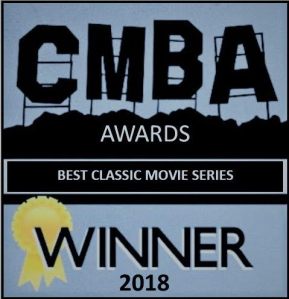


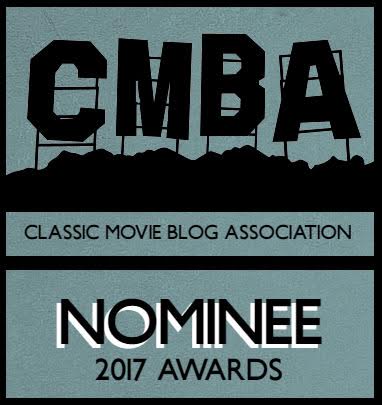

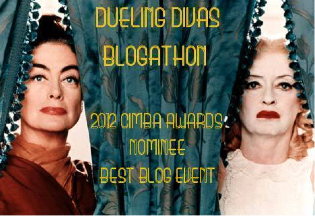







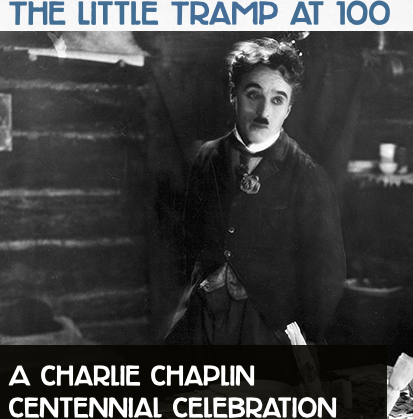
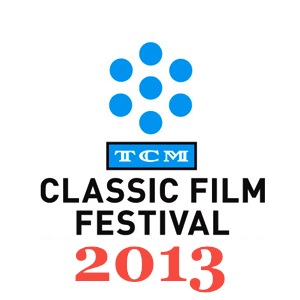
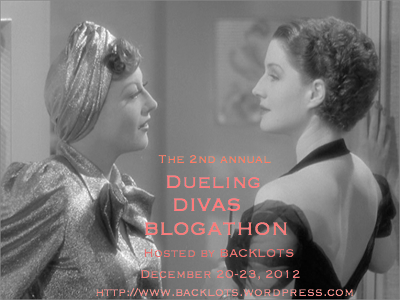


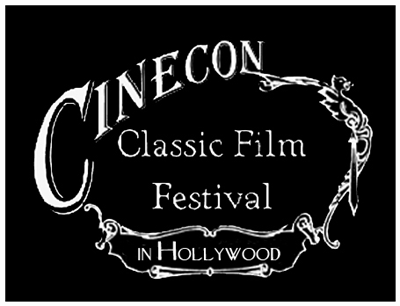




_03.jpg)
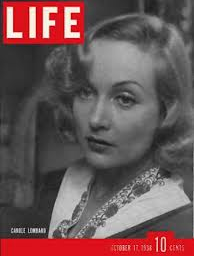

Reblogged this on Outspoken and Freckled.
Despite being so different from his standard movies, this is one of my favorite Hitchcock Movies. I love both Lombard and Montgomery to death and think they make a stellar pair here. I’m always grateful to see Montgomery in a comedic role, and he really has a lot of fun with this one.
I suppose your comments about the dated material is correct, but I think I’m so used to watching old movies that women’s place in society never phases me. I don’t think Ann’s return to David should be criticized because he tricked her because I think the point is that their connection is so strong that it overcomes the shenanigans on both ends. In the final sequence, Ann throws a fit about her skis but you can see one come loose from her foot and she slips it back on to ensure David will have to help her out of them.
Great post!
Thank you! I love this movie too. Usually the depiction of women’s place in society in movies of this era doesn’t faze me either, but in this one it seems especially apparent. My criticism comes more from the idea of…DO they really have a strong connection? I’m not sure, they argued so much at the film’s beginning. To me, it just looked like a wife returning to her “rightful place.”
That said, it is a great movie, and it’s fun to see Hitchcock’s direction of a comedy!
To me, the most dated element in the film is that when Ann is discovered to be “married” to David, she loses her department store job because it has a policy of not hiring married women. Any company trying that today would be slapped with a lawsuit and picket lines.
One thing I adore about this movie is how lovingly Hitchcock photographs Lombard. She looks absolutely ethereal, especially when she’s poking her head out from under the blanket. I have no doubt that Hitch and Lombard, who were close friends (he rented her house after she married Clark Gable), would have worked again, probably in something on Hitchcock’s suspense turf (not necessarily a project he actually made with other actresses). Carole has the coolness worthy of a Hitchcock blonde.
Finally, Lombard had made several dramas before “Mr. & Mrs. Smith” (“Made For Each Other,” “In Name Only,” “Vigil In The Night,” “They Knew What They Wanted”), so this was a return to comedy for Carole, the way audiences liked her. “Mr. & Mrs. Smith” was a hit in early 1941.
Nice piece, Lara! You make good points about the dated depiction of women, although I long ago learned to just take it for what it was at that time. As you say, though, some are more obvious than others! I liked your point about Hitchcock: “We forget that Alfred Hitchcock did indeed make movies outside of the genre for which he is so known and celebrated, and very good movies at that.” Too true…I really can’t remember if TCM ever did it before, but I think a month devoted to the films of Hitchcock sans Psycho, etc, would be a wonderful idea!